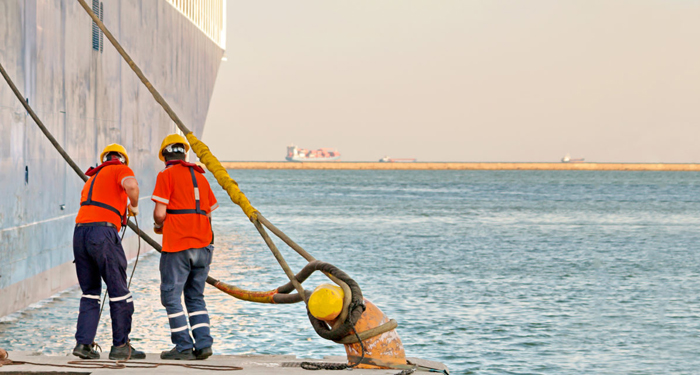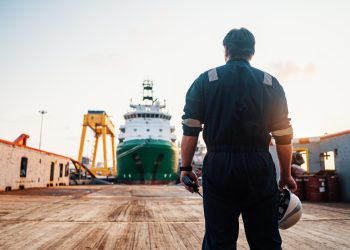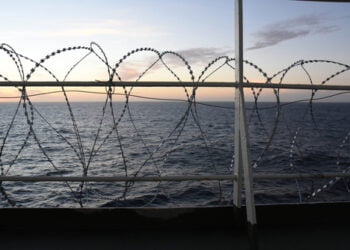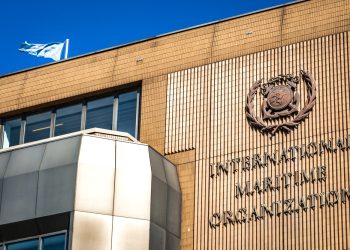While the availability of COVID-19 vaccines and rapid testing could be crucial to resolve the ongoing crew change crisis, the focus needs to be on developing a range of practical solutions, agreed experts during a meeting of UN agencies, shipping organizations, unions and maritime and logistics businesses.
An estimated 400,000 seafarers are trapped on ships, months beyond their contracted time, while a similar number of seafarers are trying to join ships due to travel restrictions, triggering an unprecedented humanitarian challenge for shipping.
The meeting, gathering representatives from BIMCO, CLIA, IAPH, ICS, ILO, IMCA, INTERCARGO, InterManager, INTERTANKO, ITF, IG Clubs, Sustainable Shipping Initiative, UN Global Compact, World Shipping Council and many others, and hosted by IMO Secretary-General Kitack Lim on 13 November, discussed ideas on how to move forward.
Among the proposals discussed were:
- further pushes to implement public health corridors,
- regional implementation of protocols to allow ports/airports to facilitate crew changes and
- the concept of a tamper-proof digital health passport or certificate for seafarers.
While there has been some progress, more countries need to designate seafarers as key workers and give them the rights that essential workers for travel and transit, participants said.
Meanwhile, numerous individual cases – including those reported to IMO’s Seafarer Crisis Action Team – highlight a desperate need for action, as fatigue among seafarers remains a critical concern. Many participants condemned recent examples of some companies insisting on “no crew change” clauses in contracts, “a practice which exacerbates the crew change crisis and further threatens the safety of navigation“.

































































